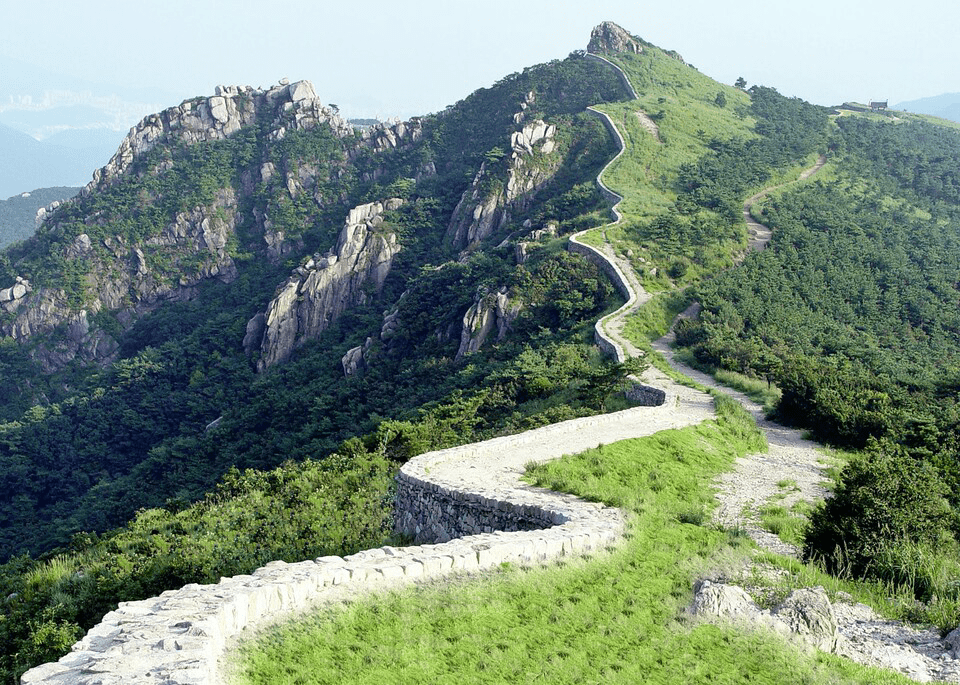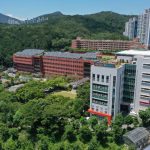Busan, South Korea – The scenic Geumjeongsan Mountain, a natural and cultural landmark in Busan and Gyeongnam Province, is on the cusp of being designated as South Korea’s latest national park. A public hearing on December 11 at Busan City Hall will provide a platform for discussions on the ecological and cultural significance of the region, as well as its role in national conservation efforts.
This proposed designation comes after years of ecological surveys and community engagement, reflecting growing interest in preserving one of the country’s most biodiverse and historically significant areas.
Geumjeongsan Mountain is home to a remarkable array of biodiversity, including 13 endangered species such as the Korean water deer and the red-crowned crane. The mountain supports 1,782 species of flora and fauna, alongside 60 distinct natural landmarks, ranging from mountain wetlands to striking rock formations.
These natural assets make the mountain a critical component of South Korea’s ecological landscape. Conservationists argue that protecting Geumjeongsan is essential not only for preserving its biodiversity but also for addressing broader environmental challenges such as climate change and habitat loss.
Beyond its ecological value, Geumjeongsan is steeped in history and culture. The mountain is home to Beomeosa Temple, a centuries-old Buddhist site that serves as a spiritual and cultural center for the region. The area also boasts 105 cultural heritage sites, including ancient artifacts, fortresses, and traditional structures, placing it second only to Bukhansan National Park in terms of cultural significance among South Korea’s national parks.
The convergence of natural beauty and cultural heritage has made Geumjeongsan a symbol of the harmony between humanity and nature.
The Ministry of Environment, in collaboration with the Busan Metropolitan Government and the Korea National Park Service, will host the December 11 hearing. Key topics include the draft park designation plan and the preliminary findings of a strategic environmental impact assessment. The event will also feature a panel discussion led by local experts and community representatives.
Residents and stakeholders have until December 31 to submit feedback on the proposed designation, with a final decision expected in 2025. This participatory process underscores the government’s commitment to inclusive decision-making in environmental policy.
If approved, Geumjeongsan will join the ranks of urban-adjacent national parks such as Bukhansan near Seoul and Mudeungsan near Gwangju, completing South Korea’s network of metropolitan conservation areas. This initiative not only bolsters South Korea’s environmental legacy but also positions the country as a leader in sustainable urban conservation on the global stage.
Geumjeongsan’s story resonates beyond national borders, reflecting global efforts to balance conservation with development. Its preservation aligns with international frameworks such as the United Nations’ Sustainable Development Goals, particularly those focused on climate action and biodiversity.



